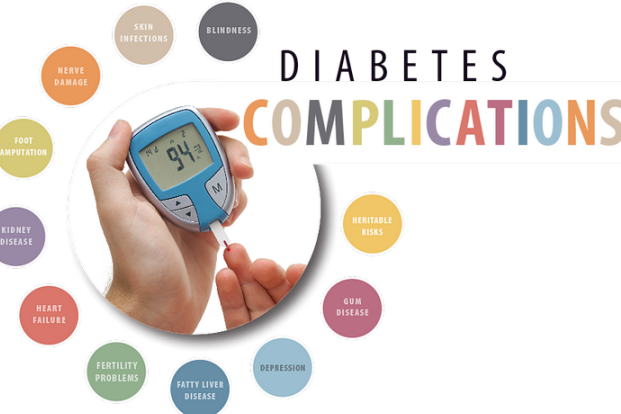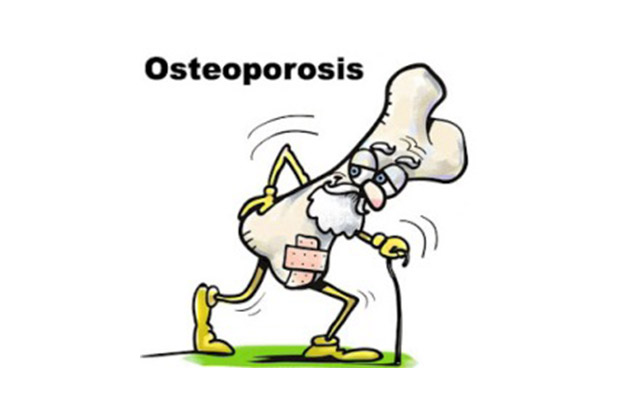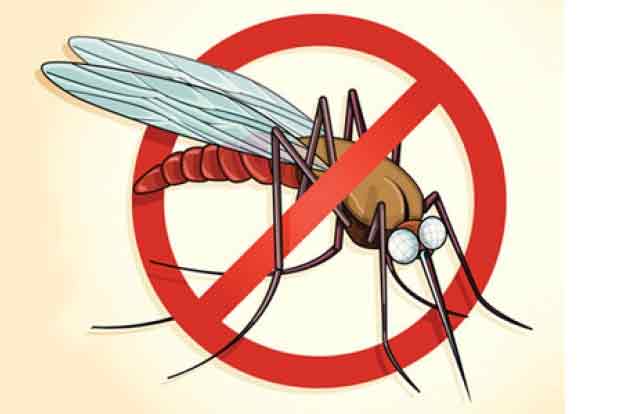Categories
- Bariatric Surgery (11)
- Black Fungus (5)
- Bone Marrow transplant (3)
- Brain Tumor Surgery Navigation Technology (20)
- Cardiac Surgery (66)
- Cardiology (97)
- Computer navigation technology for joint replacements (20)
- Covid Vaccination (17)
- Critical Care (2)
- Dental (19)
- Dermatology (31)
- Dialysis Support Group - “UTSAAH” (11)
- Dietitian (33)
- Emergency Medicine (4)
- Emotional Health (11)
- Endocrinology (33)
- ENT (20)
- Gastroenterology and GI Surgery (53)
- General and Laparoscopic Surgery (21)
- General Surgery (4)
- Gynecology & Obstetrics (183)
- Hematology (20)
- Internal Medicine (294)
- Kidney Transplant (50)
- Kidney Transplantation (20)
- Lung Cancer (8)
- Minimal Invasive Surgery (1)
- Mother & Child (20)
- mucormycosis (5)
- Nephrology (61)
- Neurology (147)
- Neurosurgery (68)
- Nutrition and Dietetics (107)
- Omicron Variant (1)
- Oncology (288)
- Ophthalmology (10)
- Orthopaedics & Joint Replacement (86)
- Paediatrics (59)
- Pediatric Nephrology (3)
- Physiotherapy (5)
- Plastic & Reconstructive Surgery (6)
- Psychiatry and Psychology (90)
- Psychologist (28)
- Pulmonology (72)
- Rheumatology (13)
- Spine Services (21)
- Transradial Angioplasty (16)
- Urology (84)
Query Form
Posted on Apr 19, 2022
Complications caused by Diabetes
Diabetes mellitus suggested to a collection of diseases that affect how your body uses blood sugar glucose. Glucose is important to your health because it’s an important source of energy for the cells that make up your muscles and tissues. It’s also your brain’s important source of fuel.The underlying region of diabetes varies by type. But no matter what type of diabetes you have, it can lead to excess sugar in your blood. Heavy sugar in your blood can lead to serious health problems.Chronic diabetes conditions include type 1 diabetes and type 2 diabetes. Potentially reversible diabetes conditions include prediabetes when your blood sugar levels are higher than normal, but not high enough to be distinguished as diabetes and gestational diabetes, which occurs during pregnancy but may resolve after the baby is delivered.

Skin Complications
Always alert for symptoms of skin infections and other skin disorders common in people with diabetes.
Eye Complications
Keep your risk of glaucoma, cataracts and other eye problems low with regular routine check up
Neuropathy
Nerve damage from diabetes is known as diabetic neuropathy new-ROP-uh-thee. About half of all people with diabetes have few form of nerve damage.
Foot damage
Nerve damage in the feet or poor blood flow to the feet highly the risk of various foot complications. Left untreated cuts and blisters can create serious infections which often heal poorly. These infections may ultimately need toe, foot or leg amputation.
Cardiovascular disease
Diabetes dramatically highly the risk of several cardiovascular problems, including coronary artery disease with chest pain (angina), heart attack, stroke and narrowing of arteries (atherosclerosis). If you have diabetes you’re more likely to have heart disease or stroke.
Kidney damage (nephropathy)
The kidneys contain millions of tiny blood vessel clusters glomeruli that filter waste from your blood. Diabetes can destroyed this delicate filtering system. Severe damage can lead to kidney failure or irreversible end-stage kidney disease, which may require dialysis or a kidney transplant.



